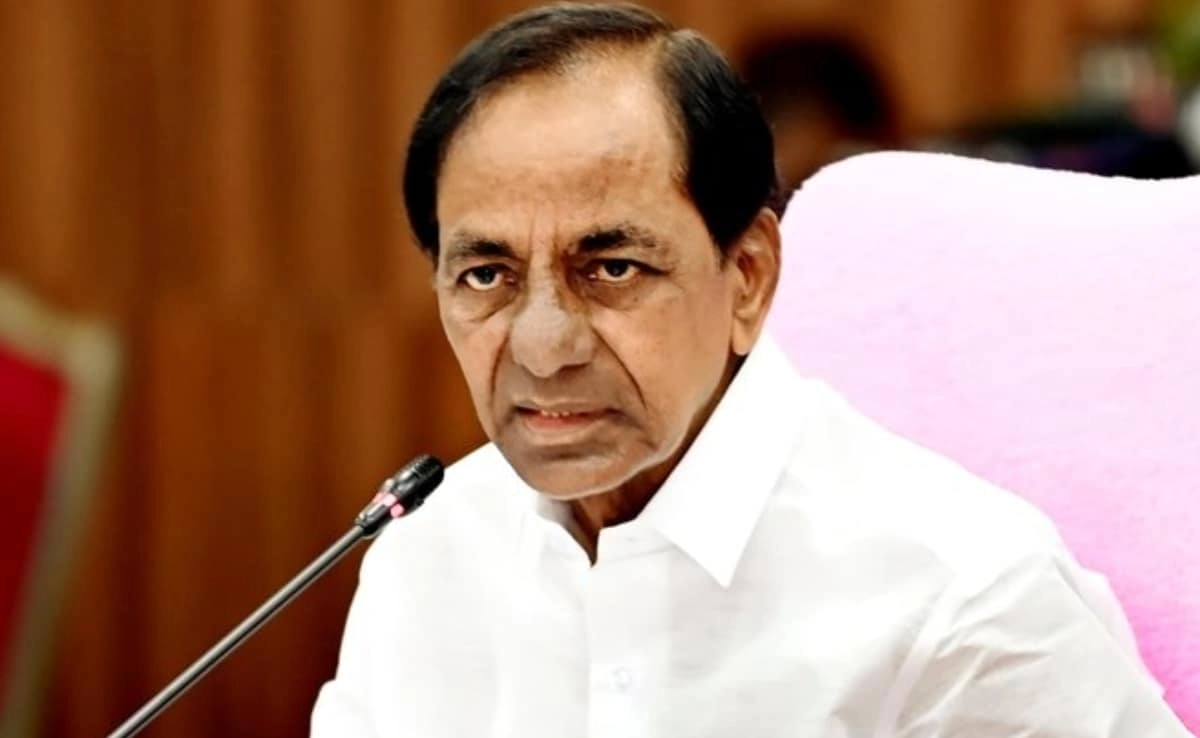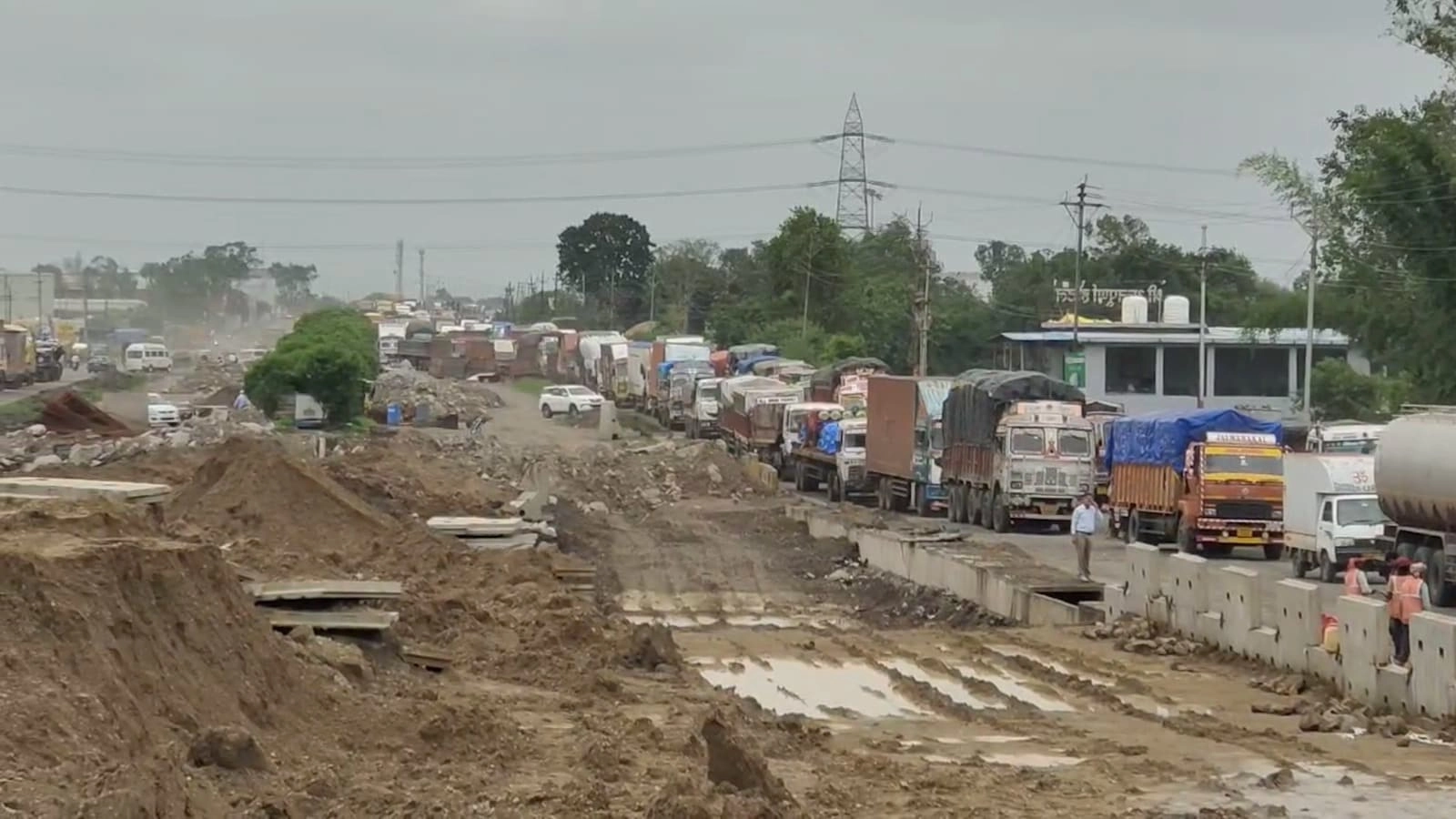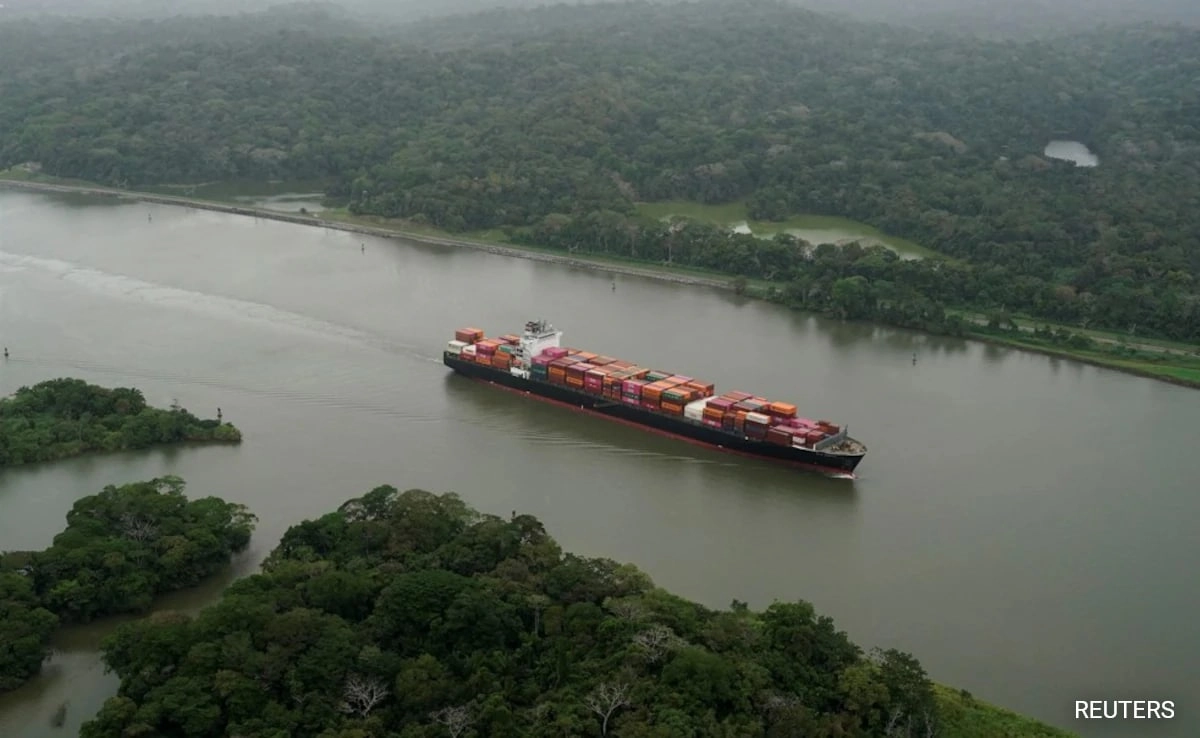K. Chandrashekar Rao, the Chief Minister of Telangana, has been summoned by the Judicial Commission regarding the Kaleshwaram Irrigation Project. This significant development highlights the ongoing scrutiny and investigation surrounding the project, which has been a cornerstone of the state’s water management strategy. The Kaleshwaram project, touted as one of the largest lift irrigation schemes in the world, aims to harness the waters of the Godavari River to irrigate vast tracts of agricultural land across Telangana. However, the project’s execution and funding have come under intense scrutiny, leading to questions about its management and the financial implications for the state.
The Judicial Commission’s involvement indicates the seriousness of the allegations and concerns raised about the Kaleshwaram project. Various stakeholders, including opposition parties and civil society groups, have expressed doubts regarding the project’s transparency, cost overruns, and environmental impact. The commission aims to investigate these issues comprehensively, ensuring accountability for the funds that have been allocated and spent. Chief Minister KCR’s appearance before the commission is a critical moment that could shape the future of water resource management in Telangana. His insights and explanations regarding the project’s implementation will be pivotal in addressing the concerns raised by the public and various interest groups.
As the commission conducts its inquiry, the outcome could have far-reaching implications not only for the Kaleshwaram project but also for the broader governance and administrative practices within the state. The findings may lead to recommendations for policy reforms or even legal action if any discrepancies are found. The Kaleshwaram project has been a flagship initiative for KCR’s government, aimed at transforming the agricultural landscape of Telangana and boosting the livelihoods of farmers. Therefore, the scrutiny from the Judicial Commission comes at a time when the state is grappling with the dual challenges of ensuring water security and maintaining public trust in governance.
The political ramifications of this situation could also be significant, especially as Telangana approaches upcoming elections. The opposition parties might leverage this inquiry to question the ruling party’s credibility and effectiveness, potentially influencing voter sentiment. It remains to be seen how KCR will navigate these challenges and what measures will be taken to address any concerns raised by the commission. Ultimately, the judicial inquiry into the Kaleshwaram Irrigation Project underscores the importance of transparency and accountability in public projects, which are crucial for sustainable development and the welfare of the citizens in Telangana.




